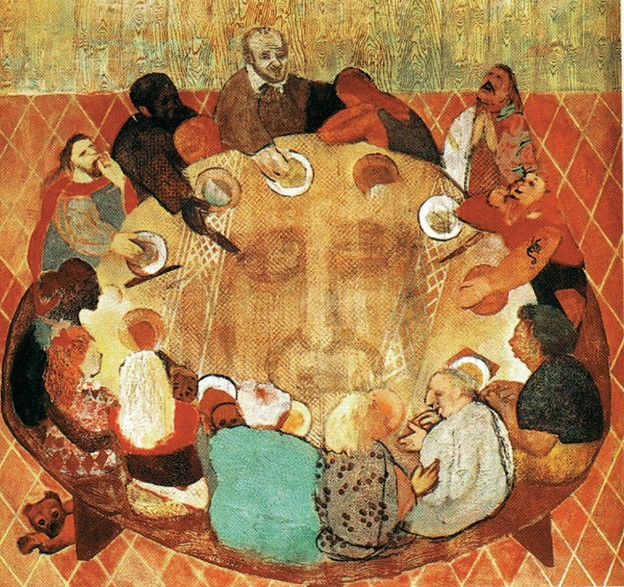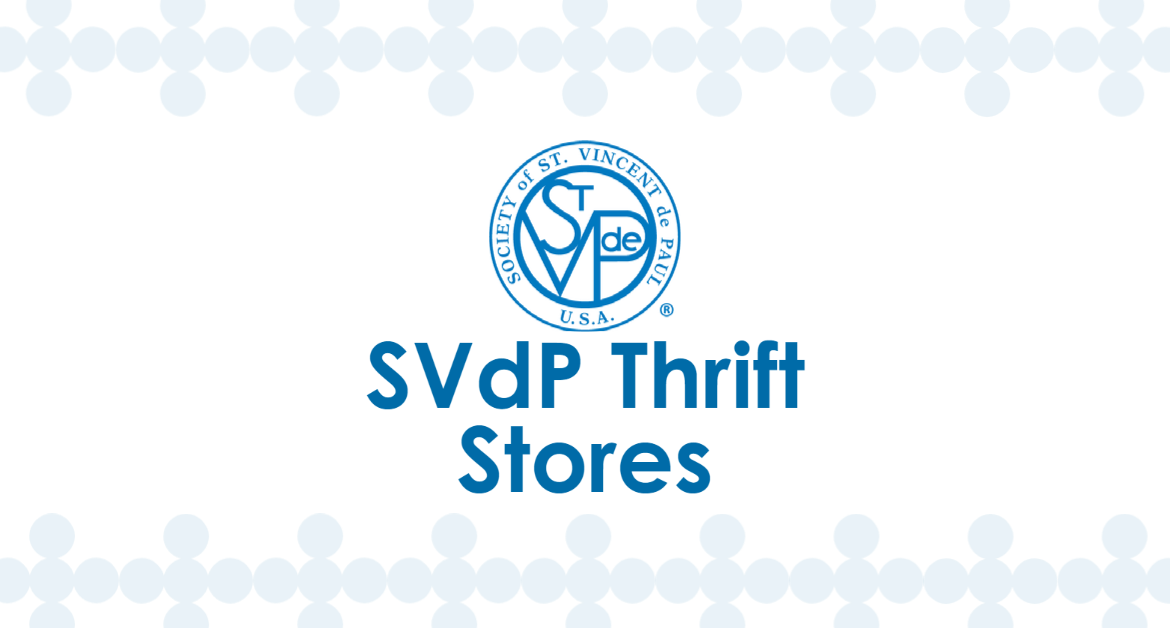Q: How do we report the number of people helped with cash (i.e. rent, electric etc.)? There is a reporting section for in-kind activity, but not cash.
A: The number of people helped with cash is not captured on the annual report separately but is reflected in our Visits and Services to People, which includes in-kind services. Expenses gathered under the treasurer’s report reflect all funds expended for goods and services provided to those we served, including cash, checks, certificates, bus tickets, and gift cards. The principal method for payment of aid will be check, paid directly to the provider of those goods or services. This also includes the cost of food purchased to stock your food pantry. For those Conferences that operate stores and other Special Works, this includes dollars spent for direct aid to those in need.
Q: We work with a nearby motel, and the owner said she will be charging us a $150 security deposit for anyone we assist who stays at the motel. We do not think this is a good use of funds, as it is transitional/emergency housing where there is no lease or long-term commitment. Some Vincentians think it’s no big deal, as we would pay a security deposit for someone moving into an apartment with a lease. Some Vincentians think it is a bad use of our funds, as it is typically short-term emergency housing: the deposit would complicate matters, and it’s not our mission to guarantee a tenant’s behavior, and it would be a bad precedent. Some of us believe we can handle it on a case-by-case situation, but others still want our policy defined.
A: There is no policy on this. Each Conference establishes its own operating guidelines. There are strong arguments that can be made in either the pro or con of providing security deposits. The current trend is not to offer them. However, we should never make our decisions based on the fact of “we always do…” or “we never do…” Our decisions should be on a case-by-case basis, with the Conference deciding if the deposit is appropriate for the circumstances. It is not our mission to guarantee a tenant’s behavior. The details should be worked out with the motel ownership, or a different motel may be more helpful.
P: ¿Cómo informamos el número de personas a las que se han servido con dinero en efectivo, es decir, alquiler, electricidad, etc.? Hay una sección en el informe para la actividad en especie, pero no para el efectivo.
R: El número de personas a las que se ayuda con dinero en efectivo no se refleja en el informe anual por separado, sino que se refleja en nuestras Visitas y Servicios a las Personas, que incluyen servicios en especie. Como se describe en las instrucciones del informe anual, los gastos recopilados según el informe del Tesorero reflejan todos los fondos gastados en bienes y servicios proporcionados a aquellos a quienes servimos, incluidos efectivo, cheques, certificados, boletos de autobús y tarjetas de regalo. El principal medio de pago de la ayuda será el cheque, pagado directamente al proveedor de dichos bienes o servicios. Esto también incluye el costo de los alimentos comprados para abastecer su despensa de alimentos. Para aquellas Conferencias que operan tiendas y otros Trabajos Especiales, esto incluye los dólares gastados para ayudar directamente a las personas en necesidad.
P: La dueña de un motel cercano que usamos dijo que nos cobrará un depósito de seguridad de $ 150 para cualquier persona que servimos y que se quede en el motel. Nuestro problema es que no creemos que este sea un buen uso de los fondos, ya que se trata de viviendas transitorias y se consideran más viviendas de emergencia ya que no hay contrato de arrendamiento ni compromiso a largo plazo. Algunos Vicentinos piensan que no es gran cosa, ya que pagaríamos un depósito de seguridad para alguien que se muda a un apartamento con un contrato de arrendamiento. Algunos Vicentinos piensan que es un mal uso de nuestros fondos, ya que generalmente se trata de viviendas de emergencia a corto plazo y el depósito complicaría las cosas, y que no es nuestra misión garantizar el comportamiento de un inquilino, y eso sería un mal precedente para establecer. Algunos de nosotros creemos que podemos manejarlo caso por caso, pero otros todavía quieren que nuestra política esté definida.
R: No hay una política al respecto. Cada Conferencia establece sus propias directrices de funcionamiento. Hay fuertes argumentos que se pueden hacer a favor o en contra de proporcionar depósitos de seguridad. La tendencia actual es no ofrecerlos. Sin embargo, nunca debemos tomar nuestras decisiones basándonos en el hecho de “siempre hacemos…” o “nunca hacemos…” Nuestras decisiones deben ser caso por caso, y la Conferencia debe decidir si el depósito es apropiado para las circunstancias. No es nuestra misión garantizar el comportamiento de un inquilino”. Los detalles deben ser resueltos con el propietario del motel o un motel diferente puede ser más útil.





